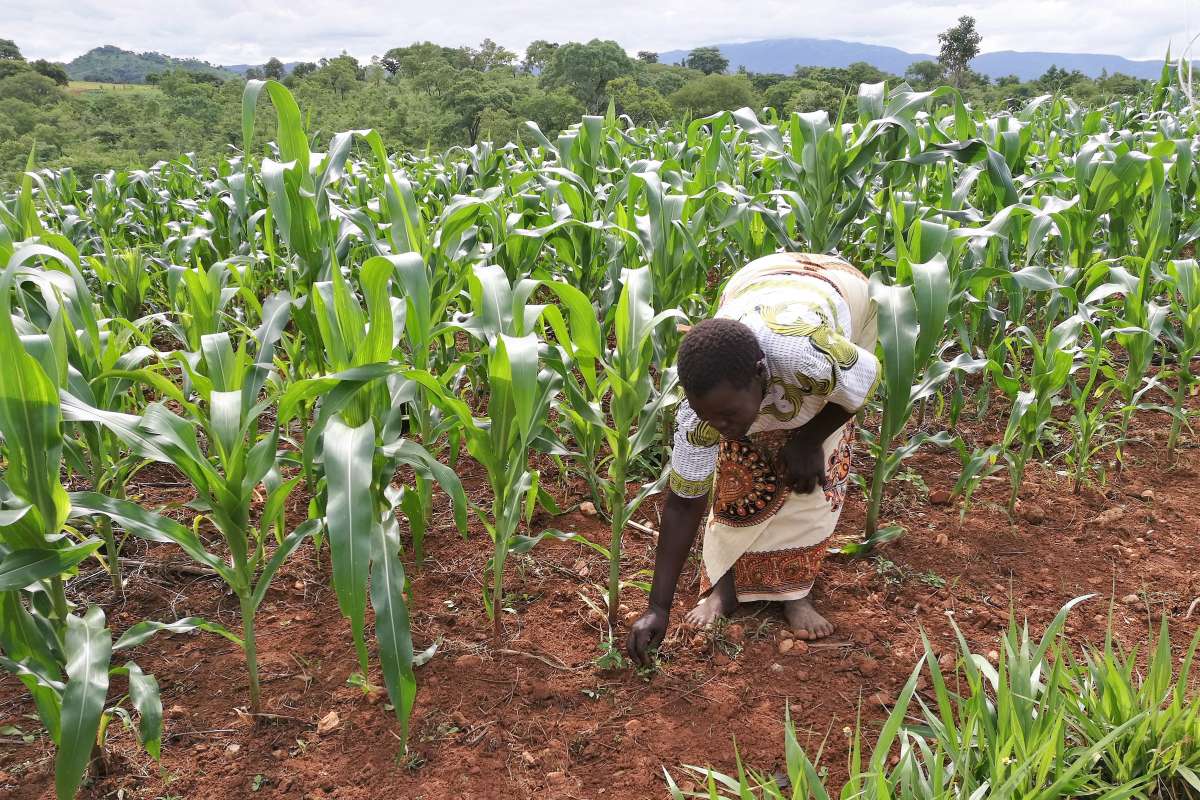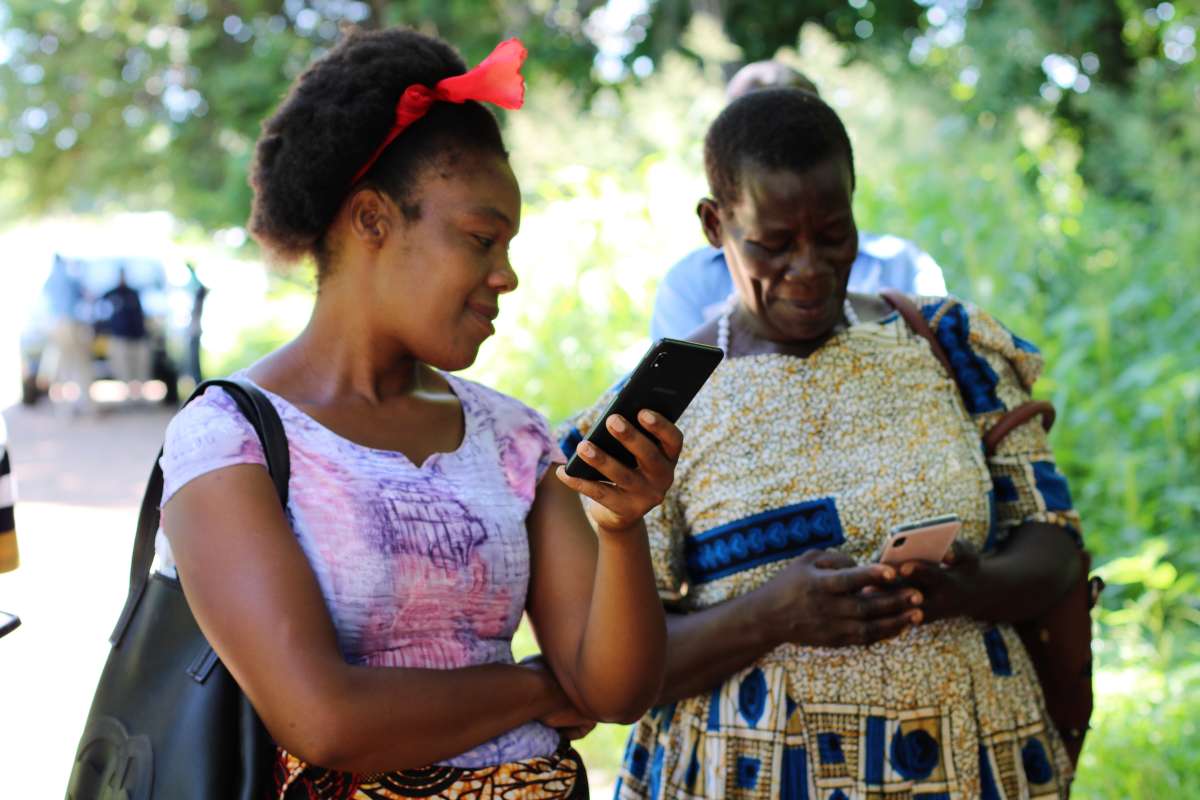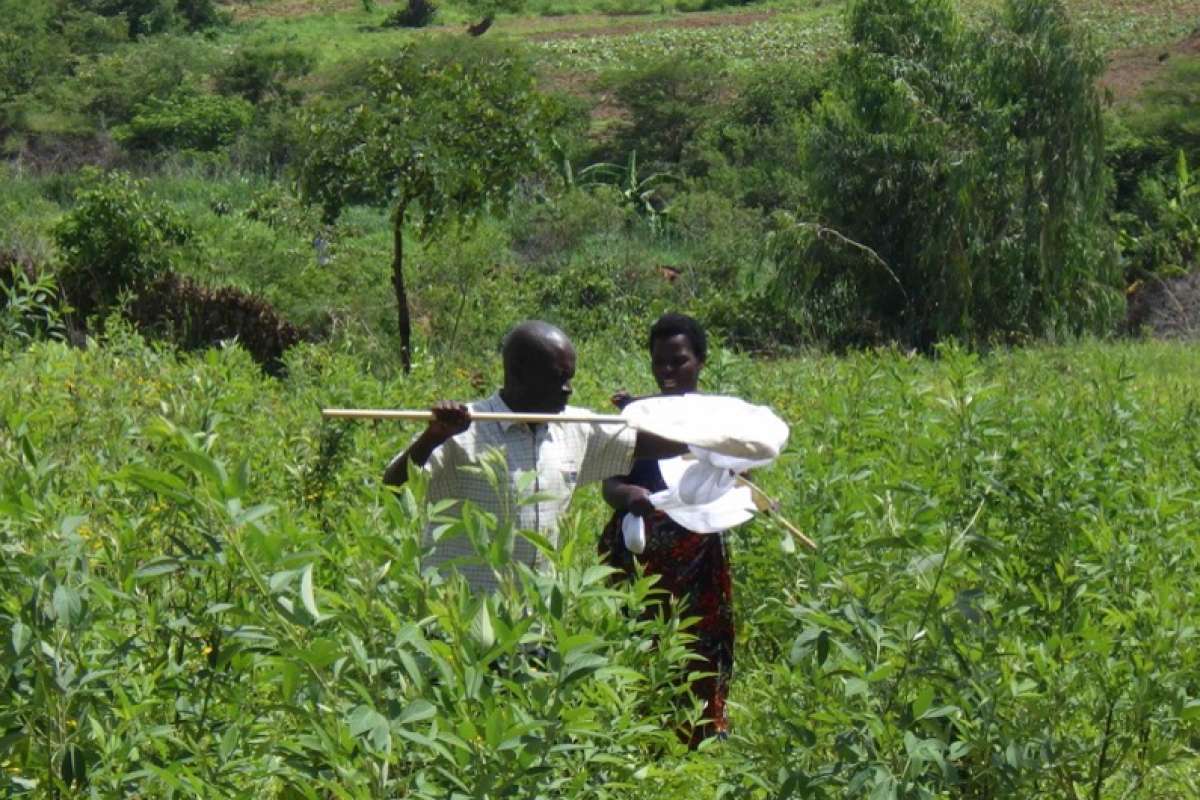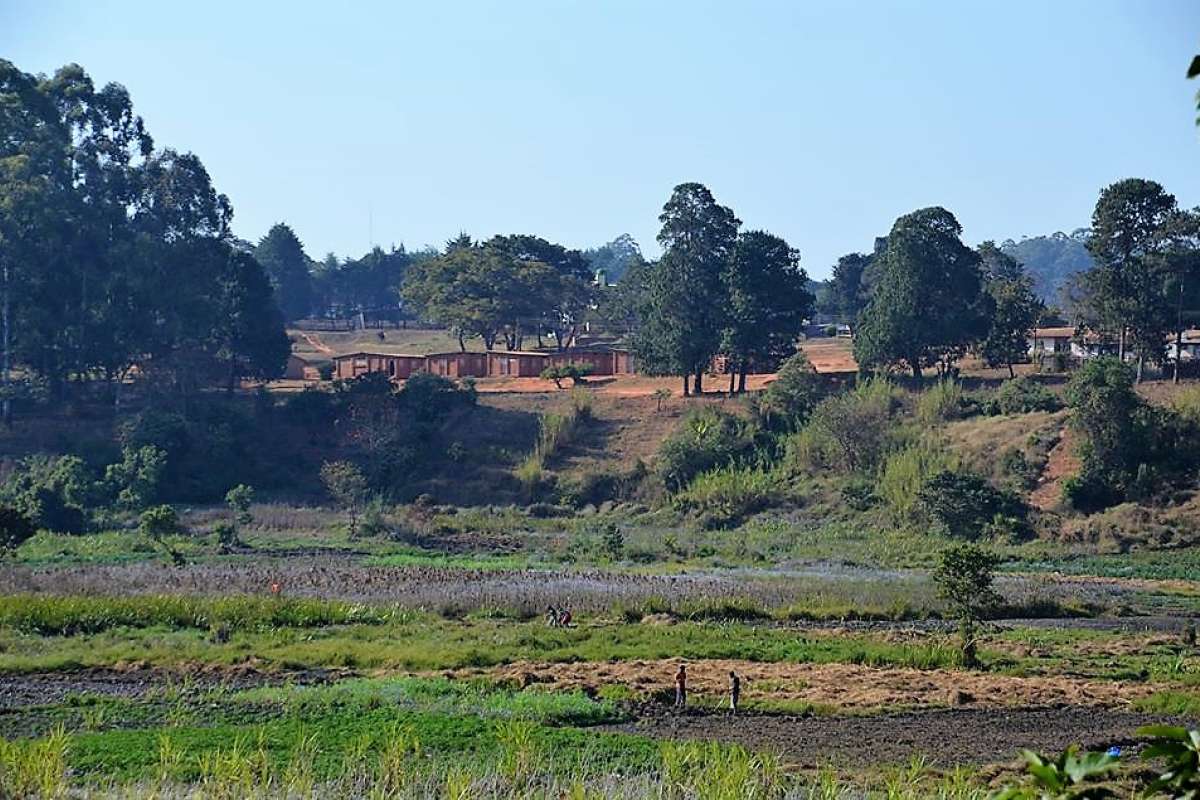New digital plant health project opened in Malawi
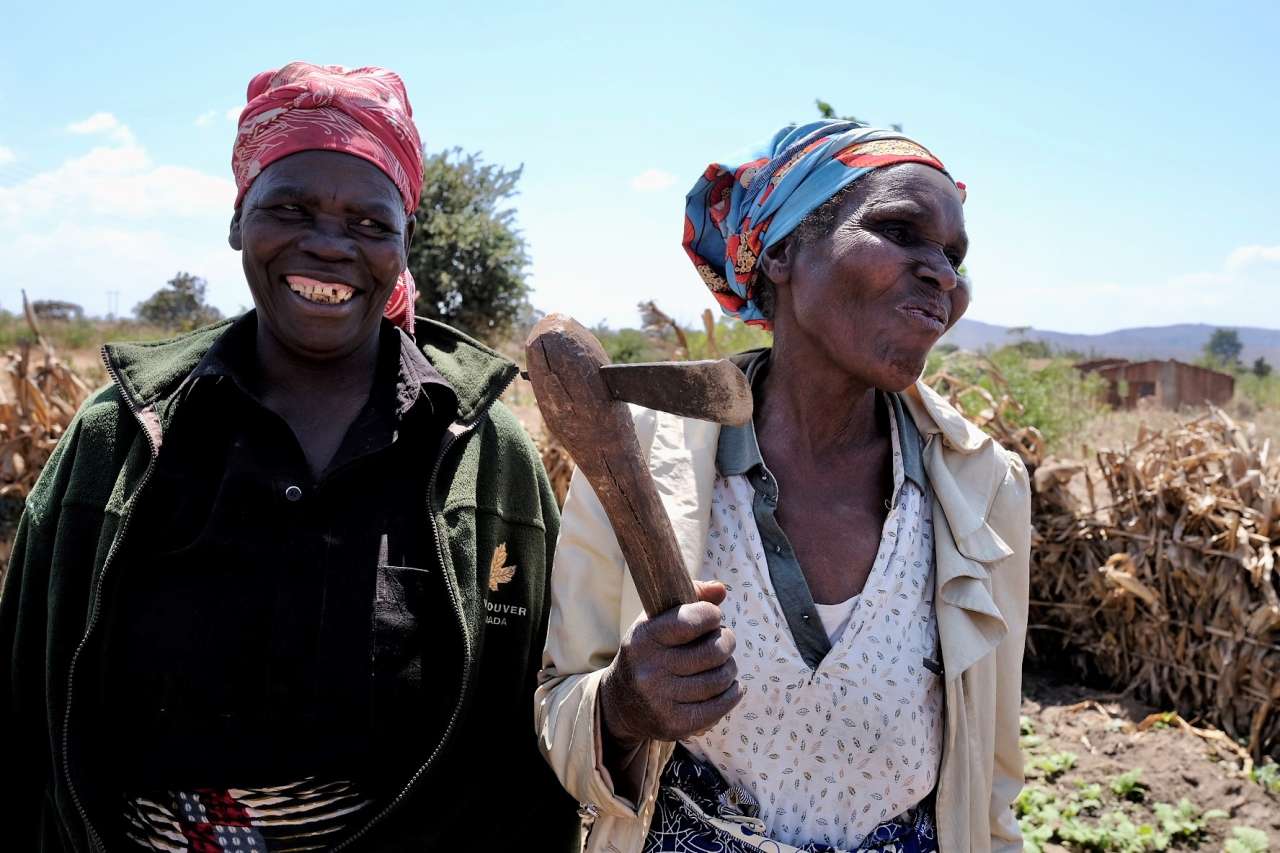
Located in Southern Africa, Malawi is landlocked, sharing its borders with Mozambique, Zambia and Tanzania. The country's estimated population of 18.6 million (2019), which is expected to double by 2038. Photo: Ragnar Våga Pedersen
A new international research project will introduce innovative technologies in Malawi to improve pest and disease management in agriculture.
Earlier this week, the Principal Secretary of the Ministry of Agriculture, Sandram Maweru formally opened the Malawi Digital Plant Health Service (MaDPHS).
This is a NOK 50 million international project in Malawi, which aims to establish a digital agricultural plant health service, providing farmers with a tool for targeted and efficient pest and disease management, increasing yield and reducing the need for pesticides.
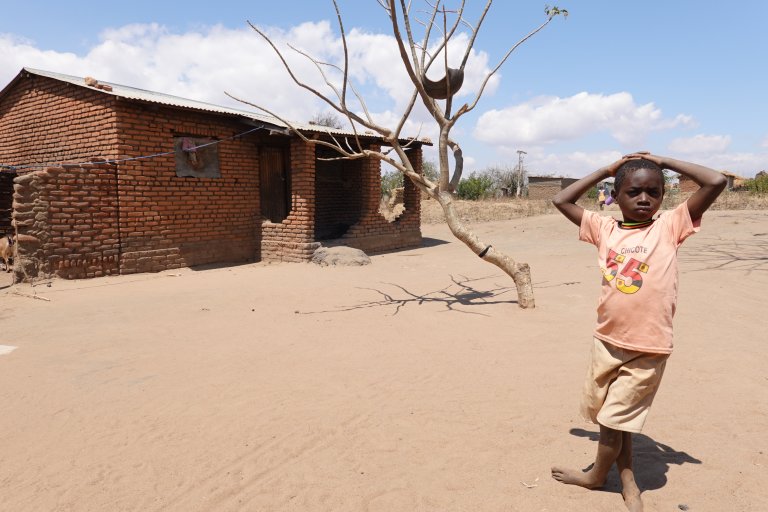
Additional challenges due to climate change
The agriculture sector is the biggest industry in Malawi. Eight out of ten Malawians work in the agriculture industry and combined they contribute significantly to Malawi’s GDP
However, recent years’ changes have imposed additional challenges for the Malawian farmer.
- Increased impact of climate change such as prolonged drought, unpredictable rainfall and flash floods are yet to find their solutions, the Principal Secretary pointed out.
Another situation is the invasion of the Fall Armyworm.
- This presented Africa and Malawi with a challenge we were not prepared for. As science tell us that such situations are likely to happen more frequently and hit even harder in the future, the Ministry of Agriculture welcomes any initiative that can contribute to mitigation and adaption to these scenarios. This initiative funded by NORAD dovetails with Malawi’s 5-year Growth and Development Strategies, Maweru said.
- Because of climatic events as mentioned, our farmers will need to learn more about, for example, when to plant, what kinds of seed varieties to use, when to apply fertilizers, how to use less water, when to harvest, when and how to apply pesticides and against what? He added.
Maweru said the Norwegian-led Malawi Digital Plant Health Service will contribute to some of these points, particularly targeting some of the challenges we have with pests and diseases in some of our most important crops by building a Decision Support System for Malawi.
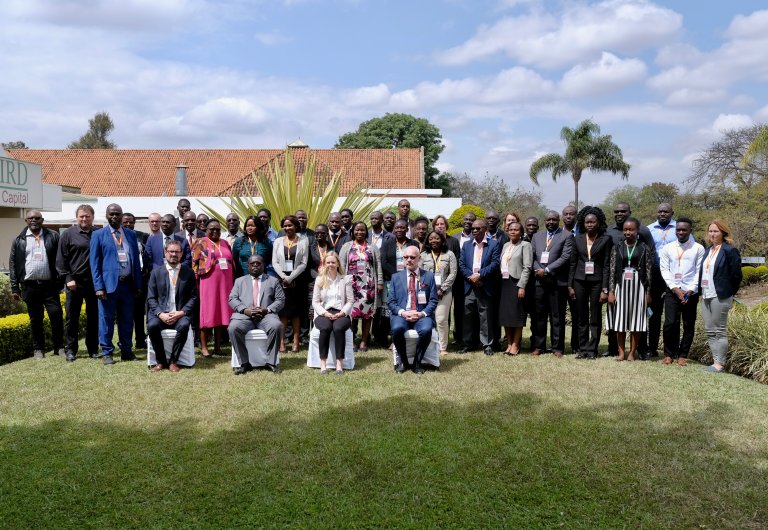
Photo: Emmanuel Mwale, IITA Malawi
From salvage to prevention
- Establishing a pest and disease Decision Support System in Malawi could shift the focus from salvage after an incident towards preventing the incident from happening, given access to services for everybody, says Karl Thunes, scientist from NIBIO who is leading the MaDiPHS-project.
He explains that the system will then advice the farmer on, for example, when to plant, when to scout for a pest, which mitigation measures to initiate in case of red flags and what to expect in the next few days.
- It will also be a useful tool for the Malawian extension service officers providing options for direct communication with the end users on the one hand and experts on the other.
In his speech, Maweru said the Ministry welcomes the project’s intention of developing this as a Malawian owned service to make sure that the service is maintained and managed after the project ends.
Thunes confirms that this is a vital point:
- This is important for creating national ownership and commitment to bring the service ahead and making sure that it is being used and developed further, says the project leader.
Technology needs people
Ragnar Våga Pedersen, Communication Director at NIBIO, also spoke to the delegates at the opening meeting. He emphasized the importance of people to make the technology successful:
- Together we will continue to develop and expand our agriculture based on rapidly developing technologies. This project is building on the experiences of the past – the potential for agriculture is huge, and together we will contribute to the agricultural development in Malawi. And we will be very aware that technology does not implement itself – it requires people.
The project is funded by Norad and a part of the Norwegian activities within Agriculture for development programme.
- We are honoured and pleased to be given the opportunity to work with our sister institutes in the south.
- I will close with a quote from Professor MS Swaminathan: If agriculture goes wrong, nothing else can go right, Våga Pedersen concluded.
KONTAKTPERSON
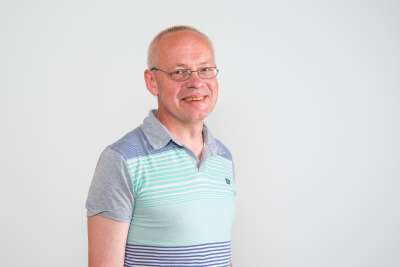
Karl Thunes
Forsker
-
Divisjon for bioteknologi og plantehelse
(+47) 456 00 856 karl.thunes@nibio.no Kontorsted: Ås - Bygg H7
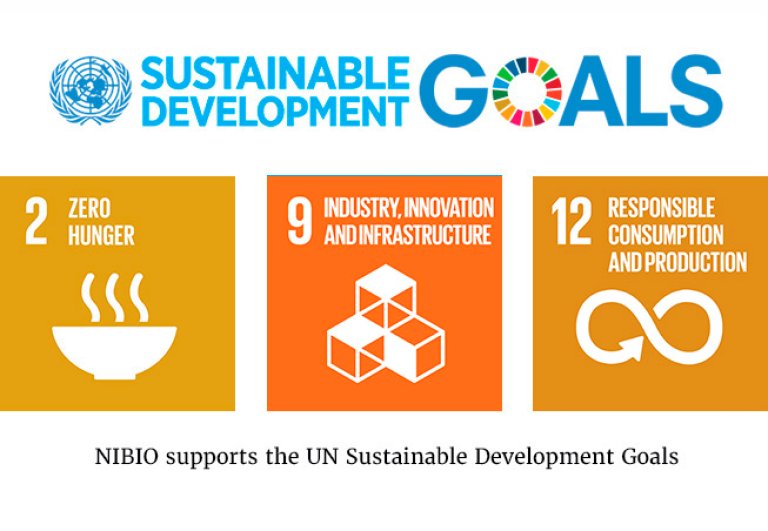
Project partners
Centre for Agriculture and Bioscience International (CABI)
Malawi Ministry of Agriculture – Departments of Agricultural Extension Services (DAES), Agricultural Research Services (DARS) and Crop Development (DCD)
Malawi Ministry of Natural Resources and Climate Change – Department of Climate Change and Meteorological Services (DCCMS)
Food and Agriculture Organisation of the United Nations – Malawi (FAO-Malawi)
International Centre of Insect Physiology and Ecology (icipe)
International Institute of Tropical Agriculture (IITA)
Lilongwe University of Agriculture and Natural Resources (LUANAR)
Norwegian Meteorological Institute (MET Norway)
Norwegian Institute of Bioeconomy Research (NIBIO, lead)
Penn State University (PSU)
Total Land Care (TLC)
Viamo
The project is financed by Norad - The Norwegian Agency for Development Cooperation
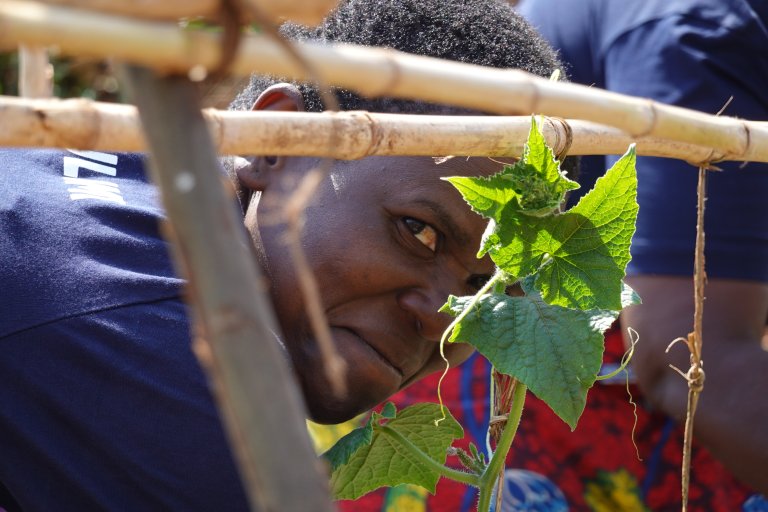
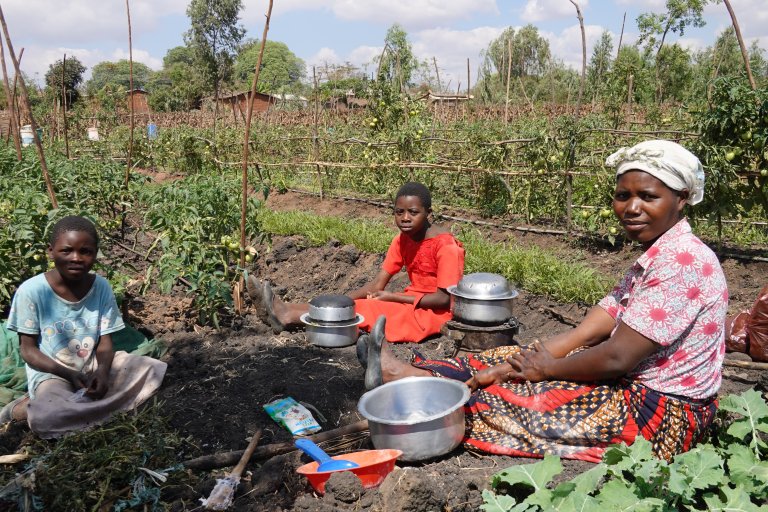
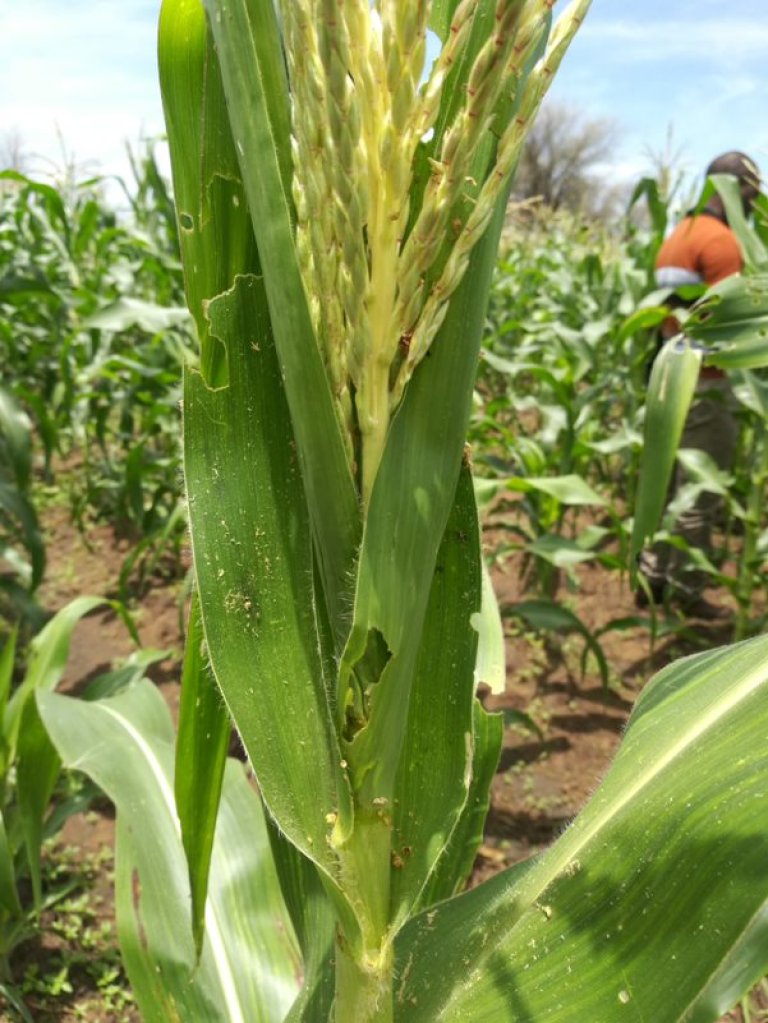
KONTAKTPERSON

Karl Thunes
Forsker
-
Divisjon for bioteknologi og plantehelse
(+47) 456 00 856 karl.thunes@nibio.no Kontorsted: Ås - Bygg H7
Tekst frå www.nibio.no kan brukast med tilvising til opphavskjelda. Bilete på www.nibio.no kan ikkje brukast utan samtykke frå kommunikasjonseininga. NIBIO har ikkje ansvar for innhald på eksterne nettstader som det er lenka til.

